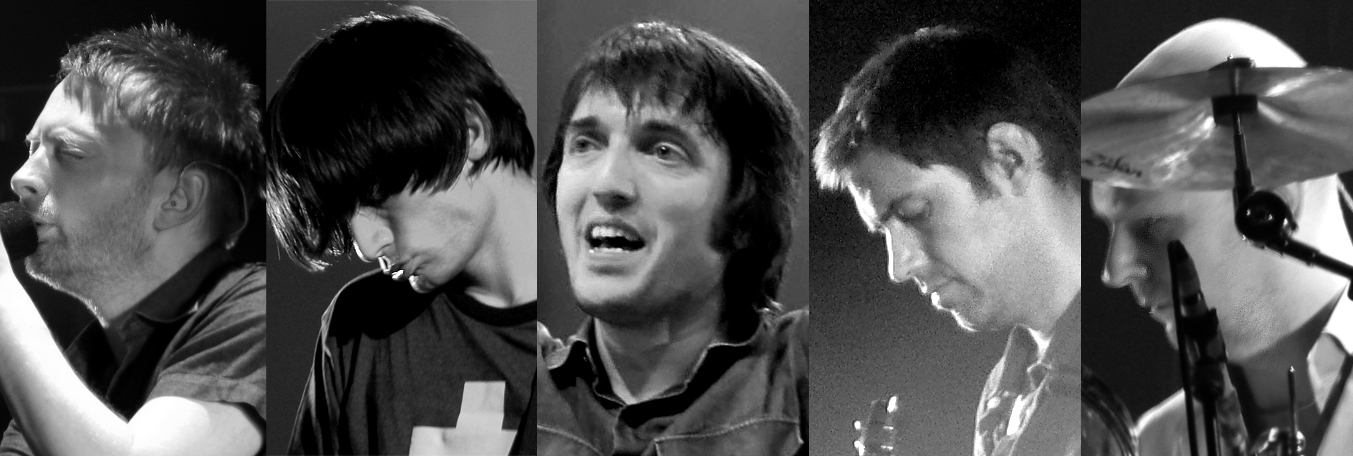Giuliani, a longtime fan of the New York Yankees, has truly gone over to the dark side. On Oct. 23, after the Colorado Rockies-Boston Red Sox matchup for the World Series had been decided, the one-time Yankee loyalist announced that “I’m rooting for the Red Sox” to win the best–of-seven contest.
You could hear Yankee fans screaming: “Turncoat! Blasphemer! Quisling! Mofo! What fresh hell is this?” For years now – decades really, since his time as a prosecutor in New York, or even earlier, during his childhood in Brooklyn – Giuliani has tirelessly identified himself as a diehard Yankees fan, Unto Death. Now, in his first bid for national office, the candidate who still hangs his high-priced hat in Manhattan has voiced his support for the team that is, now and forever, nothing less than anathema to a vast majority of New Yorkers, residents and expats alike.
 We’ve always known (and more or less accepted) that Rudy Giuliani has a boundless political ambition, a ruthless pragmatism straight outta Machiavelli and grounded in a willingness to do whatever it takes to prevail. But this! From the savior of the City? Mr. 9/11? The day after Rudy’s defection to the boys of Fenway Park, some New Yorkers may have trekked out to Montauk, Long Island, to watch for the sunset.
We’ve always known (and more or less accepted) that Rudy Giuliani has a boundless political ambition, a ruthless pragmatism straight outta Machiavelli and grounded in a willingness to do whatever it takes to prevail. But this! From the savior of the City? Mr. 9/11? The day after Rudy’s defection to the boys of Fenway Park, some New Yorkers may have trekked out to Montauk, Long Island, to watch for the sunset.The reasons for Giuliani’s flirtation with the Beantown Boys may be utterly, geographically parochial. Maybe Rudy just couldn’t stomach the notion of siding with an expansion team younger than his youngest son to win the Fall Classic. Maybe his deeper loyalties lie with the American League, which the Red Sox will represent in the Series, or to Joe Torre, the Yankee manager, a friend of Giuliani and recently fired by Yankees owner George Steinbrenner.
There could be a political calculus as well. Giuliani is facing what’s thought to be a major challenge in the New Hampshire primary, occurring in a state where he’s spent very little time campaigning (by some pundits’ estimates looking beyond the primaries to the general election). Perhaps, the thinking goes, Giuliani hoped to gain the political affections of the New England states by siding with their favorite baseball sons this year.
Who knows? Despite his alleged loyalty to the conservative cause, Giuliani has adopted maverick stances that point to a certain iconoclastic streak; maybe he figured a contrary position on a baseball team wouldn’t be any different.
For many Americans, however, it is different. For them, allegiance to one’s baseball team carries a greater weight than fidelity to a political party, even if the potential for disappointment is about the same, one to another.
For New Yorkers, Rudy’s switch rankles because of its apparent convenience; it seems to confirm suspicions that Rudy Giuliani’s convictions are elastic, expedient things ready to be thrown over at a moment’s notice.
Consider what he said to the Providence Journal in July. "I'm a Yankee fan," Giuliani said. "I always believe it's a sign of my being straight with people, about not wanting to fool them, that I was one of the first mayors to be willing to say I was a Yankee fan."
But now he’s done a 180. New Yorkers don’t understand. They hold it against him. And no one holds a civic grudge like a New Yorker.
So Rudy’s cast his lot with “the other,” apparently making an early bet that he’ll win not just the nomination but the presidency as well. The jury’s still out on whether he’s right. But if he fails and limps back to New York, tail between his legs, it’s safe to say he won’t be graciously received. The New York Daily News published a deadline that famously distilled President Gerald Ford’s attitude toward a bailout of New York during the city’s period of deep fiscal woes.
“FORD TO CITY: DROP DEAD,” screamed that legendary headline on Oct. 30, 1975.
If candidate Giuliani doesn’t become President Giuliani – and maybe even if he does – the city that has defined him for decades may well tell him the same thing.





.jpg)







